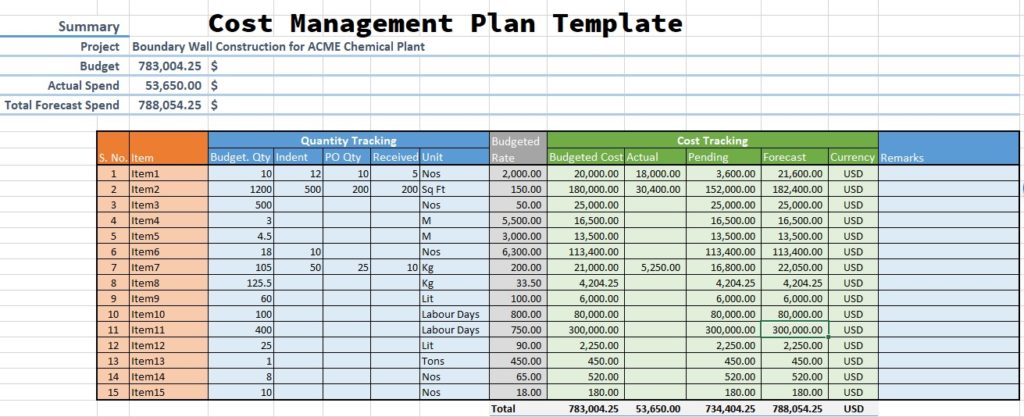

Which of the following is true regarding your reporting time to work? Barring any unusual circumstances, you report at work between 8:22am and 8:24am every day. Usually you board the same train every (working) day that departs at 7:30am. You take a subway train to commute to work. Arriving to work after 8:15am is considered late. Let’s take this example in a quiz format. Examples Example 1: Accuracy vs Precision at Work Precise values are not necessarily accurate and vice versa. Precision means that values have very little scatter (very close to each other). In simple terms, Accuracy means that values are very close to the true or target value. For example, the magnitude for each increment on the measurement’s number line is the interval that determines the measurement’s precision-the greater the number of increments, the greater the precision. For example, if the measured value of an item is very close to the true value of the characteristic being measured, the measurement is more accurate. What is Accuracy?Īccuracy is an assessment of correctness. Let’s review what the PMBOK ® Guide says on this subject. These values can be compiled into a project status report and distributed to stakeholders.What is the difference between Accuracy and Precision? The actual cost of all the work completed.įour values are then calculated which indicate the current status of the project, two from a budget perspective ( CV and CPI) and two from a schedule perspective ( SV and SPI).įour more values are calculated which extrapolate the current project status to the end of the project (ETC, EAC, VAC, ad TCPI). The actual value of all the work completed (earned).

The value of the work planned to be completed.

At any point in time (usually right now) the project manager collects three pieces of information for each task within the project: Keeping project costs under control requires the application of earned value management. InputsĪlthough it’s only one single process (out of 4 within the knowledge area and 47 within the PMBOK), it’s arguably the most important one. Management reserves (overall project contingencies) are also allocated.įor small projects, the Estimate Costs and Determine Budget processes can be viewed as one single process, because a time phased cost baseline is often not necessary. It refers to the production of a time-phased project cost baseline which can provide a graduated ceiling for project funding limits throughout the project.

This process refers to the aggregation of individual project task budgets into an overall project budget. Each task is estimated using techniques such as analogous, parametric, and three-point estimating. However, a top down approach is usually quicker and less accurate but can be appropriate for the circumstances. Most of the time it involves bottom up estimating, that is, determining the monetary resources for each project task and rolling it up into an overall project estimate. This process represents the tasks involved in determining the monetary resources needed to complete the project activities. It can feature elements such as the level of accuracy and precision, control thresholds, and rules of performance measurement for earned value management. This document describes how the project costs will be planned, structured, and controlled. It involves the production of a cost management plan, which is a component of the overall project management plan. The first of the processes within the knowledge area is called Plan Cost Management. The last one occurs in the Monitoring and Controlling process group as it involves controlling project budgets during project execution. Three of these occur in the planning process group as they involve the determination of the project budgets. Project Cost Management is the fourth of 10 project management knowledge areas within the PMBOK. Thankfully, the Project Management Body of Knowledge (PMBOK) gives us a strong foundation in this area. Hence, good project management requires a firm grasp on the concepts and techniques in project budgeting and cost control. Poor project cost management is one of the easiest ways to make a project go awry.


 0 kommentar(er)
0 kommentar(er)
